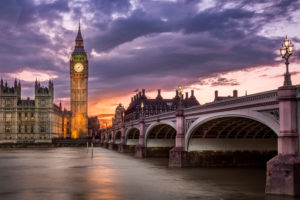Nebraska casinos face opponents
Nebraska players spend US$500 million in surrounding states, so regional gaming legislation could lead to lower taxes.
US.- An “anti-casino campaign” began yesterday under the leadership of the ‘Gambling With the Good Life’ organisation that “works against any new expansion of gambling” in Nebraska. They oppose to casinos operations at licensed horse racing tracks.
“If you look at the social effects of increased gambling, you see increased child abuse, increased spouse abuse, increased embezzlement, and you just can’t collect enough tax dollars to make up for it,” expressed Governor Pete Ricketts at a news conference. ‘Gambling With the Good Life’ has been against casino regulations and gained more recognition after their strong opposition in 2004 to a ballot that tried to allow casinos in the state.
Twelve years ago, voters said no to the expansion of gaming industry, but companies are giving it a try again this year. Senators, family advocacy groups and public figures, such as Tom Osborne –former Husker football coach- are fighting the battle, but their odds are poorer since gaming investors are willing to deposit great amounts of money in the state. ‘Keep the Money in Nebraska’ is the group that proposed the new bill and they asked citizens to sign a petition featuring three optional regulations. Since October, they achieved more signatures than predicted and if the number keeps increasing, they could make good use of the petition at November’s ballot.
Ho-Chunk Inc., economic administrator of Winnebago Tribe of the state, is financially supporting the project. On one hand, the petition gives the voters the possibility to decide if they want to legalise casinos through ballot measures. The second option is to change state law and create a Nebraska Gaming and Racing Commission of seven members that would regularise the sector. The last one is to establish a licence system that determines the unique US$1 million payment for each casino; then, they would be charged for a 20 percent tax that would go to the state and to the local government.









